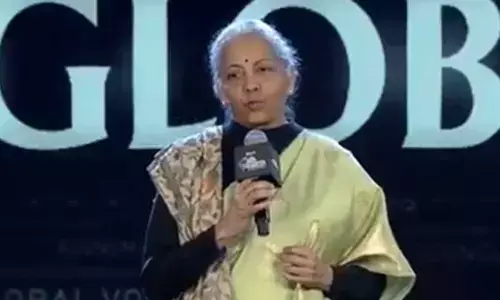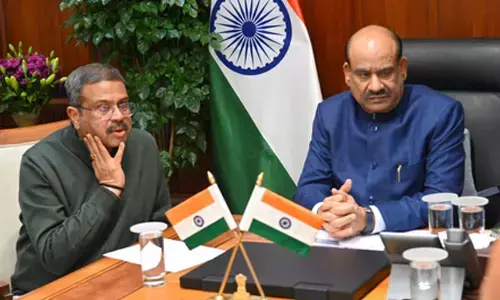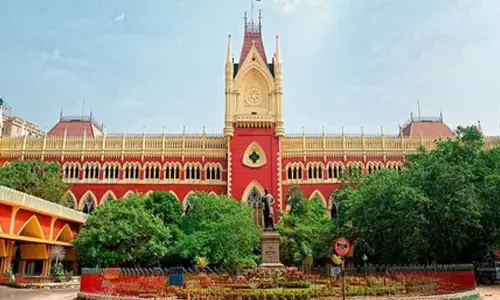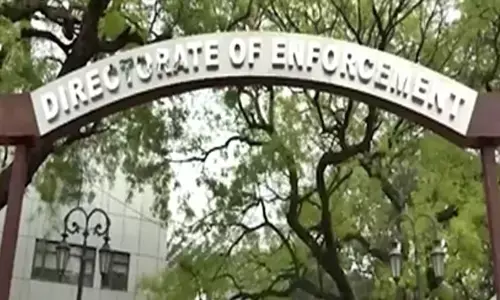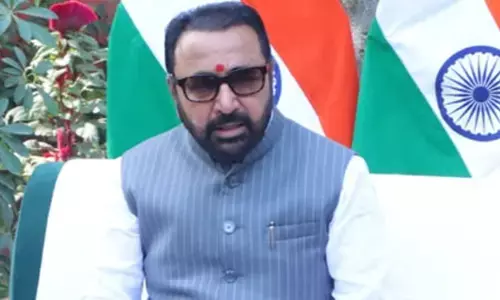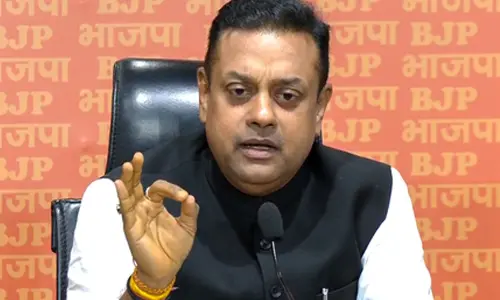RBI can't wash off its hands on note ban
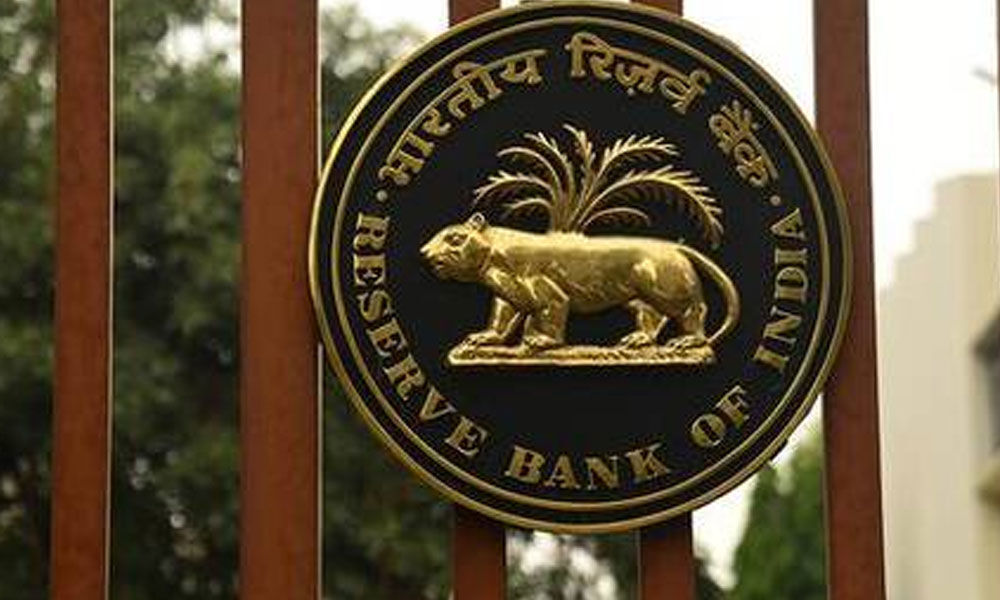 RBI can’t wash off its hands on note ban
RBI can’t wash off its hands on note banDemonetisation which put the country on tenterhooks for currency notes for over two months in 2016 is back into public discourse now. Replying to a query on this controversial subject filed by a Right To Information (RTI) activist, the Reserve Bank of India made it clear that it warned the central government of adverse impact on economy if the latter went ahead with the note ban.
The Board of Directors of RBI also told the government that the controversial move would not weed out black money from the system. As per the minutes of the RBI's Board meeting which now came into open thanks to the RTI reply, the apex bank's top decision-making body made these key observations before according its approval for the massive exercise on November 8, 2016.
On the same day at 8 pm, Prime Minister Narendra Modi took the television screens and announced his government's decision to ban high-value currency notes of Rs 500 and 1,000 denominations which constituted over 85 per cent of currency in circulation at that point of time. His sudden announcement took the nation by surprise.
Interestingly, PM Modi cited the same reasons that the RBI opposed, for the government's decision to go for the note ban. He claimed that the move would not only eliminate black money and counterfeit currency from the system, but also choke funding channels of terrorists and Maoists. But what followed the announcement was chaos as the decision came into immediate effect.
People had no option save standing in queues for hours together to exchange old notes. Banks rationed new currency notes and had to put curbs on withdrawals as supply of new notes was not enough to meet the demand. Unfortunately, several old people who were forced to stand in long queues for new currency notes died.
But the prime objective of weeding out black money failed as 99.3 per cent of banned banknotes, or Rs 15.3 lakh crore out of Rs 15.41 lakh crore, came back to the banking system. The other objectives of checkmating terror activities and counterfeit currency notes also came a cropper. The government tried to change the narrative by saying that the move would encourage digital transactions. But that also did not yield positive results as cash became the king once again after a few months.
But the adverse impact on economy was huge and GDP growth hit multi-year low during the period. Small traders and MSMEs bore the brunt, so were also daily labour. The latest revelations reveal that RBI washed off its hands by sounding alarm. Instead, it should have put some sense into the government officials and politicians in power, preventing them from taking such a useless step.
Therefore, RBI is also equally responsible for the ill-effects of demonetisation, a move that underlines the need for strong leadership at the apex bank. The bottom line now is that note-ban, the Achilles heel of the Modi government, is back into focus now ahead of General Elections. But it's unlikely to have any adverse impact on elections as people are blessed with short memory!








